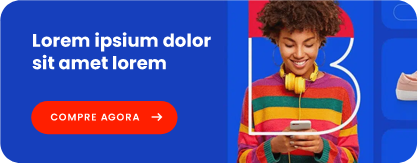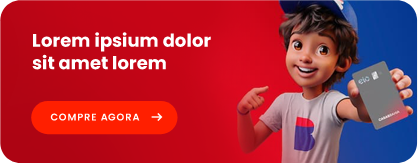What Are Nootropics? Are They Safe?
Many people have never heard of the term nootropics. Nootropics can be classified as smart drugs, cognitive enhancers or memory enhancers. Some nootropics are marketed as brain supplements and are available over-the-counter, while others require a prescription. Unfortunately, there are many potential risks that consumers should be made aware of.
What Are Nootropics?
The general definition of a nootropic is any “smart drug” or supplement that potentially improves or alters a person’s cognitive performance. Thus, nootropics are commonly called cognitive enhancers or smart drugs.
The mechanisms of how individual nootropics work to achieve cognitive enhancement may be slightly different. Nevertheless, nootropics all work by altering neurotransmitters or chemical messengers in a person’s brain. Explaining nootropics involves understanding the basics of brain chemistry and important signaling pathways in memory, attention or concentration.
How Are Nootropics Used?
Generally, there are two different types of nootropics. Some nootropics can be used every day without fail and most individuals will not develop a tolerance (e.g. naturally-derived nootropics like Ginkgo biloba, Andrographis paniculata or American ginseng). In contrast, other nootropics may lose their effectiveness over time unless the dosage is continually increased.
There is also “nootropic stacking.” This phenomenon involves taking at least two different nootropics together in hopes of creating a better and synergistic cognitive enhancement outcome than if only one nootropic were taken. Some nootropics improve memory, while others improve cognition, alertness, sensory perception or learning. Thus, individuals try to customize their nootropic cocktail based on the perceived benefits of nootropics.
Do They Work?
Depending on the concentration and the frequency of use, it is probable that many nootropics actually work. For example, several studies have found that natural nootropics can improve brain health by a variety of mechanisms including:
- A study in 2007 found that nootropics vasodilate or widening the blood vessels in the brain, improves blood flow to different regions
- A study in 2000 found that because nootropics widen blood vessels in the brain, this allows more glucose (energy) and oxygen to reach different brain regions
- A study conducted in 2012 found that nootropics can actually decrease inflammation and prevent the aging of brain cells
While there are many benefits of nootropics, they are not without serious risks.
Are Nootropics Regulated?
Most nootropic supplements are not FDA regulated. However, Adderall is an example of a commercially available prescription medication that is approved by the FDA for the treatment of attention-deficit hyperactivity disorder (ADHD). FDA regulations address both the safety and efficacy of a drug based on clinical trials. Thus, nootropics that are unregulated may be particularly dangerous for consumers because the dose and the frequency of use has not been established based on many preclinical studies or clinical trials.
Are Smart Drugs or Cognitive Enhancers Safe?
The jury is still out as to whether cognitive enhancement supplements are safe. Safety depends on a variety of factors including a person’s physical and mental health and if they are prescribed other medications that may interact with nootropics. It should also be stated that some individuals may abuse prescribed nootropic medications such as Adderall. In these instances, using nootropics, even if they are regulated by the FDA, is simply not safe.
Especially for individuals with co-occurring mental health conditions, taking nootropic cognitive enhancers may lead to unpredictable and dangerous outcomes.
For example, there have been several case reports noting bad reactions after taking nootropics including:
- Experiencing psychosis and paranoia
- Hypomania
- Severe anxiety
- Panic attacks
- Restlessness
- Exacerbation of underlying mental health conditions like schizophrenia, anxiety, depression, ADHD, obsessive-compulsive disorder or bipolar disorder


